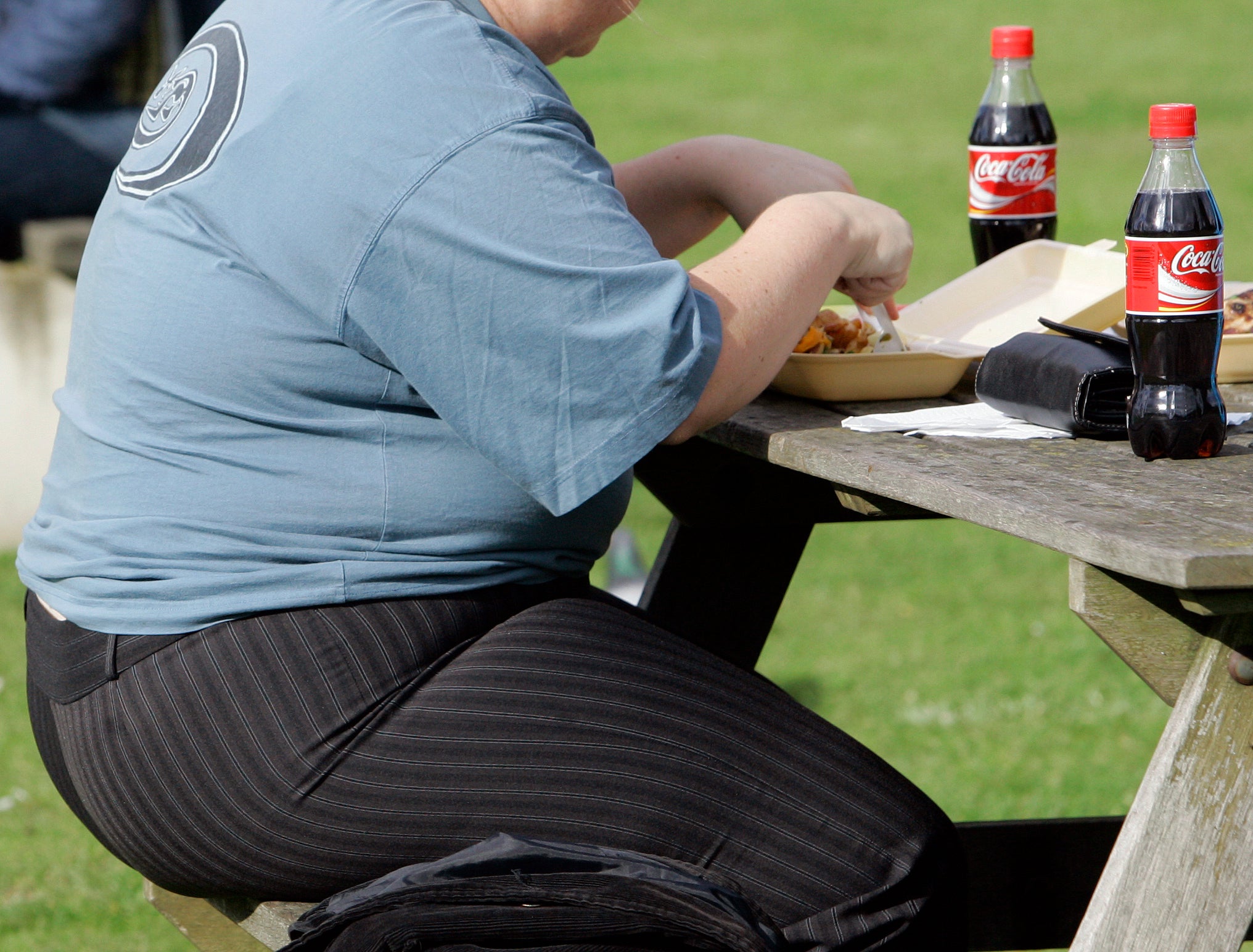Obese children more likely to develop dementia, study suggests
Making sure youngsters eat well and exercise can pay dividends later in life, scientists say

Your support helps us to tell the story
From reproductive rights to climate change to Big Tech, The Independent is on the ground when the story is developing. Whether it's investigating the financials of Elon Musk's pro-Trump PAC or producing our latest documentary, 'The A Word', which shines a light on the American women fighting for reproductive rights, we know how important it is to parse out the facts from the messaging.
At such a critical moment in US history, we need reporters on the ground. Your donation allows us to keep sending journalists to speak to both sides of the story.
The Independent is trusted by Americans across the entire political spectrum. And unlike many other quality news outlets, we choose not to lock Americans out of our reporting and analysis with paywalls. We believe quality journalism should be available to everyone, paid for by those who can afford it.
Your support makes all the difference.Children who are obese are more prone to dementia decades later, according to new research.
It increases the risk of cognitive decline in middle age, which can lead to full-blown dementia.
The finding is based on a study of more than 1,200 people tracked for over 30 years, starting when they were at school.
Lead author Professor Michele Callisaya, of Monash University, Melbourne, said: “Developing strategies that improve low fitness and decrease obesity levels in childhood are important because it could contribute to improvements in cognitive performance in midlife.
“Importantly the study also indicates protective strategies against future cognitive decline may need to start as far back as early childhood, so the brain can develop sufficient reserve against developing conditions such as dementia in older life.”
Dementia cases worldwide will triple to over 150 million by 2050. With no cure in sight, there is an increasing focus on lifestyle factors that reduce the risk.
They include getting enough exercise, eating plenty of oily fish, fruit and vegetables, while cutting down on fatty and sugary foods.
The study in the Journal of Science and Medicine in Sport is the first of its kind. It began in 1985 when the 1,244 Australian participants were aged between seven and 15.
They were assessed for fitness including cardiorespiratory and muscular power and endurance tests, and waist-to-hip ratio measurements were taken.
They were followed up between 2017 and 2019 by which time they were aged between 39 and 50.
They underwent a series of computer tasks that challenged brain power, which found that those with the highest levels of cardio-respiratory and muscular fitness and lower average waist-to-hip ratio in childhood had better processing speed and attention.
They also had superior global cognitive function – an overall ability to carry out everyday activities and chores.
Decline can begin as early as middle-age, said Prof Callisaya. Lower performance has been associated with mild cognitive impairment and dementia in older age.
It is known children who develop muscular strength, cardiorespiratory fitness and endurance due to sport and activity have better health outcomes later in life.
Higher adult fitness is also linked with better cognition and reduced risk of dementia later in life.
It is the first significant study to look for links between objectively measured fitness and obesity in childhood with cognition in middle age.
The idea is that early activity levels, fitness and metabolic health may protect against dementia in our older years.
In the UK one-quarter of children are obese and a further one in seven overweight. More than 920,000 Britons have dementia – a figure that will rise to two million in the next three decades.
SWNS




Join our commenting forum
Join thought-provoking conversations, follow other Independent readers and see their replies
Comments